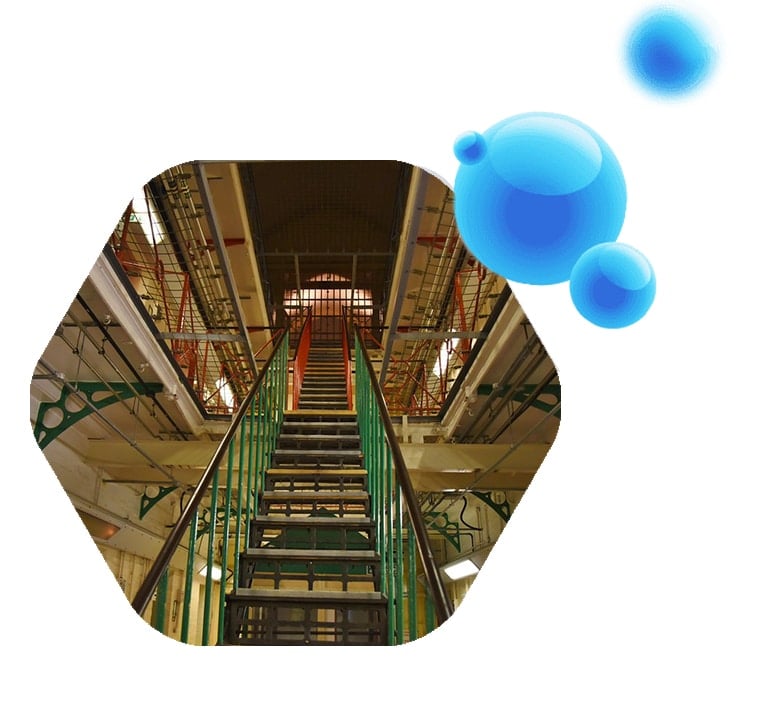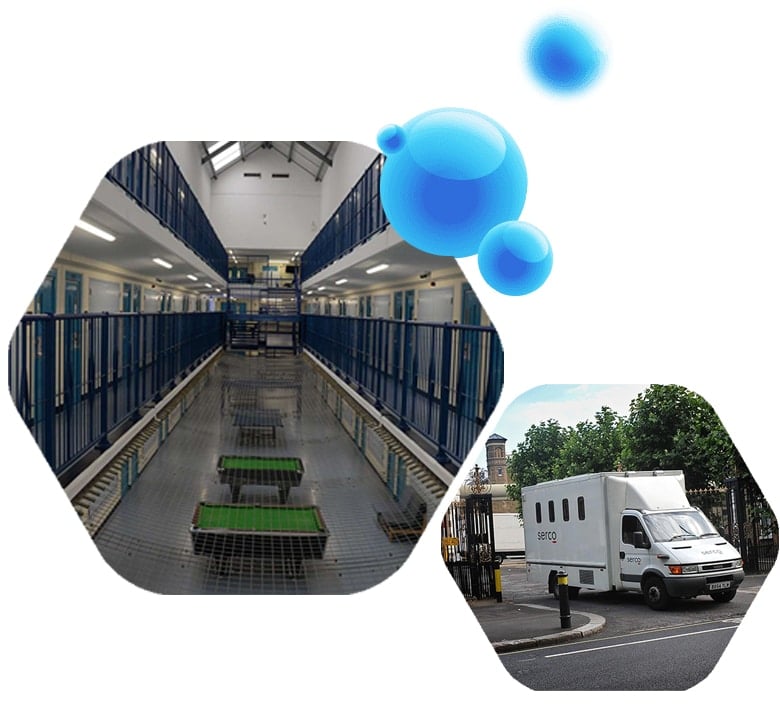Female Prisons
Female Prisoners make up around 3255 prisoners of the UK prison estate. There is around 15 female prisons currently in the UK.
What are the differences between male prisoners and female prisoners? One of the main differences being that female prisoners are more vulnerable than male prisoners with their difference needs being widely commented on specifically with metal health, depression and suicidal thoughts being higher than with male prisoners.
Self harming is also up with the female prison population compared to male prison population. A lot of women end up in prison due to a lack of mental health outlets on the outside and as a result end up in prison due to a lack of mental health provision.
There is also an increase with female prisoners declaring drug and alcohol problems when entering the prison.
In the UK, the prison rules are that men and women should be kept apart from each other. As a result, we see different prisons for women than for male prisoners.
Women prisoners make up just 5% of the overall prison population in the UK.

Female Prisoners
30% of female prisoners report they have a history of sexual abuse whereas the statistic is only 10% with male prisoners.
Female prisons are also categorised based on the level of crime of the female prisoners and risk the prisoner poses.
- Category A: includes prisoners who have previously escaped custody; and those who would be highly dangerous to the public, the police and national security and require high security conditions to be put in place in order to make escape impossible
- Restricted status: for any female, young person or young adult prisoner whose escape would pose a significant risk to the general public and are required to be held in designated secured accommodation. This category would be assigned to those on remand as well as convicted prisoners
- Closed conditions: for prisoners who do not necessarily pose such a risk to the public that they require the very highest of security measures, but present too high a risk for open prison condition




